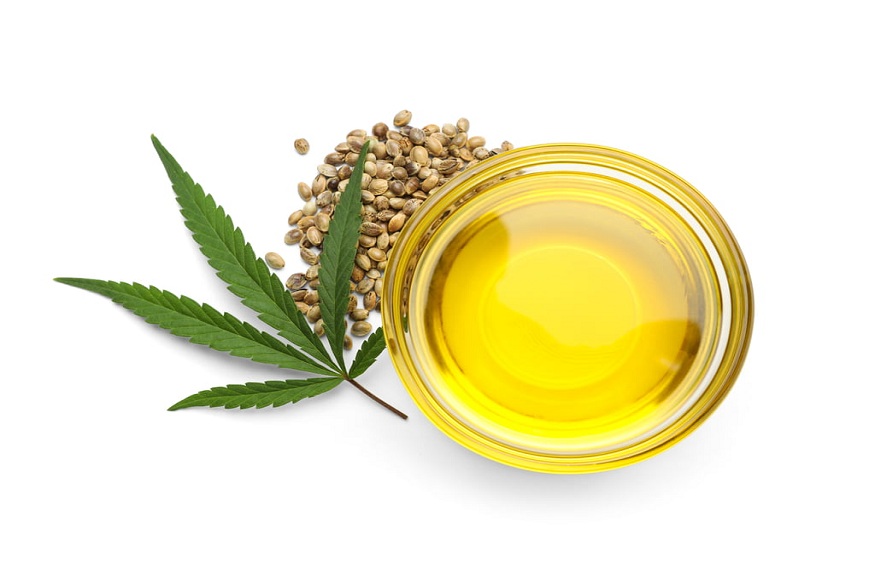The conversation around cannabis in India is evolving. What was once considered taboo is now gradually being re-examined through the lens of traditional medicine and modern science. One key component of this shift is the rising awareness of THC oil—a cannabis-derived product that holds both promise and controversy.
In a country with a deep-rooted history of using cannabis in Ayurvedic practices, Tetrahydrocannabinol (THC) is regaining attention for its therapeutic potential. But what exactly is THC oil, and why is it important in the Indian context?
Let’s explore the growing relevance of THC oil India today.
What is THC Oil?
Unlike CBD (Cannabidiol), which does not produce a “high,” THC interacts directly with receptors in the brain, affecting mood, perception, and body function.
THC oil is often blended with carrier oils and used in sublingual drops, capsules, or topical applications. In controlled doses, THC offers therapeutic effects, especially when combined with CBD in balanced formulations.
1. Therapeutic Benefits in Chronic Conditions
THC oil is most notably recognized for its effectiveness in managing chronic pain, inflammation, and neurological disorders. Patients with conditions such as:
- Cancer-related pain or nausea
- Multiple sclerosis
- Arthritis
- Fibromyalgia
- Insomnia
have shown improved symptom control when THC oil India is used under medical supervision. It can also help patients undergoing chemotherapy by reducing nausea, increasing appetite, and improving sleep.
In India, where access to advanced pain management can be limited, THC oil offers a plant-based alternative that aligns with both traditional healing and modern needs.
2. Mental Health and Emotional Well-being
While high doses of THC can cause anxiety in some individuals, small, balanced doses—especially when paired with CBD—can have anxiolytic and mood-stabilizing effects.
THC oil is being used to support patients with:
- Anxiety and PTSD
- Depression
- Sleep disorders
- Emotional dysregulation
Its ability to relax the nervous system and induce calm can be particularly useful in Ayurvedic mental health therapies, where mind-body harmony is central.
3. Controlled, Regulated Use
In India, THC oil is not available over-the-counter.
- It can be prescribed only by certified Ayurvedic practitioners
- The dosage must be personalized based on the patient’s body type and condition
- The product must be manufactured under Ayurvedic license
This controlled access ensures safety and discourages misuse, allowing THC oil to be used as medicine, not recreation.
4. Reducing Dependence on Synthetic Drugs
Many chronic illness patients in India rely on:
- Painkillers (NSAIDs, opioids)
- Sleep aids or sedatives
- Antidepressants
These can carry side effects or risks of dependency. THC oil offers a natural, potentially safer alternative, particularly for those seeking plant-based solutions or who are sensitive to conventional drugs.
Its rising importance is also tied to India’s growing interest in integrative and functional medicine, where cannabis-based oils are seen as complementary to modern treatment plans.
5. Paving the Way for Cannabis Research and Regulation
The increasing use of THC oil in India is helping:
- Destigmatize cannabis in the eyes of the public and policymakers
- Encourage clinical research on cannabis-based therapies
- Establish standards for product quality, dosage, and safety
It’s an important step toward building a responsible, regulated cannabis ecosystem in India—one that prioritizes health and wellness while respecting cultural heritage.
So we are saying,
The importance of THC oil in India lies not in its recreational use, but in its therapeutic value, its connection to Ayurvedic healing, and its potential to address real health challenges. When used responsibly, under the guidance of qualified practitioners, THC oil can become a valuable tool in modern Indian medicine.
As awareness grows and regulations evolve, THC oil may play a central role in redefining how we approach chronic pain, mental health, and holistic wellness in India—bringing ancient wisdom and modern healing together.

